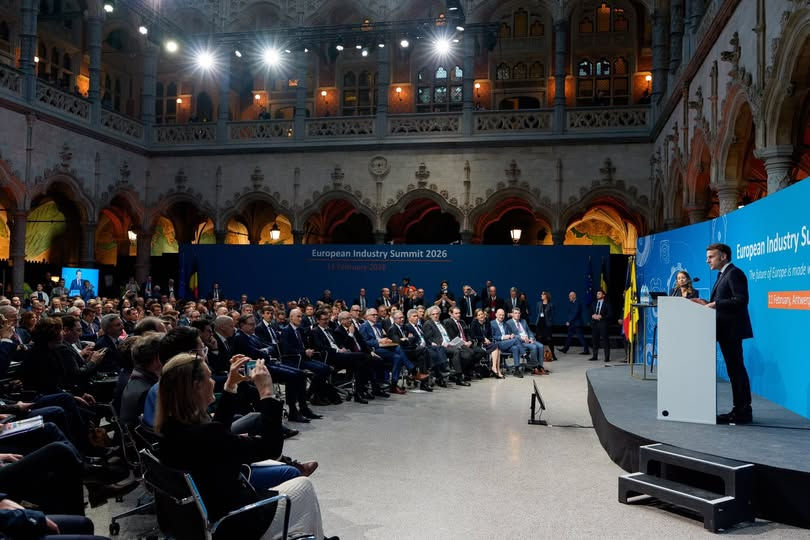Tensions Rise in Bangladesh as Interim Leader Muhammad Yunus Faces Political Pressure Amid Military Concerns
- Rahaman Hadisur

- May 26, 2025
- 2 min read
Hadisur Rahman, JadeTimes Staff
H. Rahman is a Jadetimes news reporter covering Asia

In a closed-door meeting on May 20, Bangladesh’s interim leader Muhammad Yunus convened with the chiefs of the country’s armed forces to discuss law and order, but the gathering underscored a deepening power struggle within the government. Described by insiders as a “cold war” between the military and the interim administration, these tensions threaten Yunus’s leadership just nine months after he assumed office following the ousting of former Prime Minister Sheikh Hasina.
Hasina fled to India in August 2024 amid widespread protests against her 15-year rule, during which she faced accusations of extrajudicial killings and enforced disappearances. The recent meeting coincided with rumors that Yunus was contemplating resignation, although officials later confirmed he would remain in his position.
The backdrop of this political turmoil includes the Bangladesh Army's ongoing deployment since July 2024, necessitated by a nationwide police strike that left law enforcement in disarray. Army Chief General Waker-Uz-Zaman has publicly called for national elections by December, emphasizing that the military's role is to defend the nation, not to serve in a policing capacity. His remarks reflect a growing unease within the military regarding the interim government’s plans to delay elections until mid-2026 for political reforms.
General Waker's assertive statements highlight a rift between the military and Yunus’s administration, particularly concerning key initiatives that the army views as compromising national sovereignty. The army chief has expressed strong opposition to proposals such as a humanitarian corridor into Myanmar and potential foreign management of Chattogram Port, asserting that only an elected government can make such decisions.
The interim government has also faced mounting pressure from political parties. The Bangladesh Nationalist Party (BNP) demands elections by December, while other groups insist on reforms and accountability for past abuses before any electoral process can take place. The BNP has warned that continued cooperation with Yunus’s administration hinges on these demands being met.
As speculation about Yunus’s potential resignation swirled, he reportedly expressed frustration over the lack of political unity and cooperation necessary to implement reforms. His concerns about the feasibility of conducting fair elections in the current climate have further fueled discussions about his future.
Political analysts suggest that the growing tensions reflect a weakening unity within the transitional government, with vested interests complicating the path forward. Meanwhile, public anxiety is rising, and the military has issued statements to counter misinformation aimed at creating divisions between the armed forces and the public.
As the situation unfolds, all eyes are on Muhammad Yunus, who must navigate these complex dynamics to lead Bangladesh through its ongoing political transition and restore stability in a country grappling with the aftermath of upheaval.








































Comments